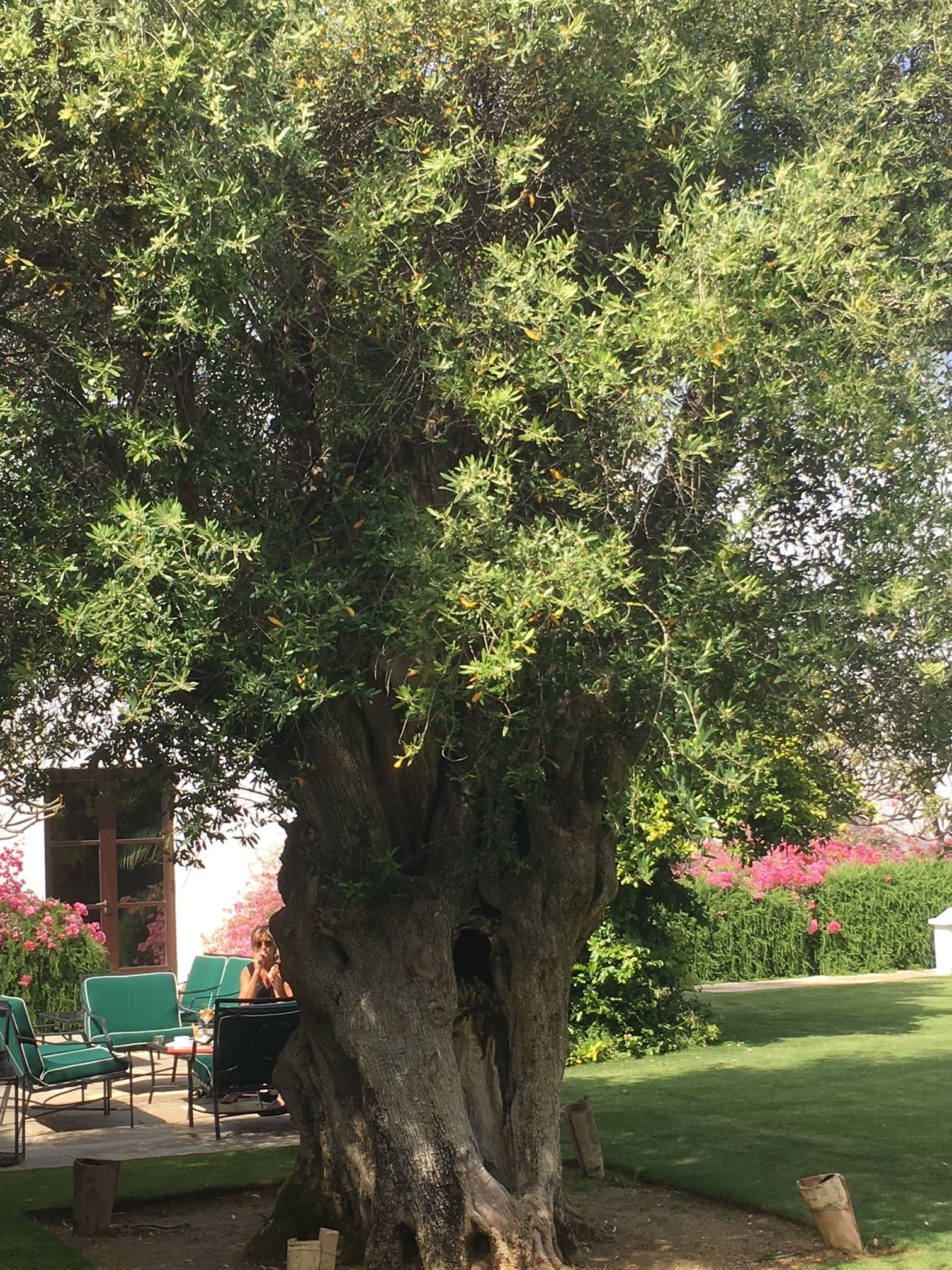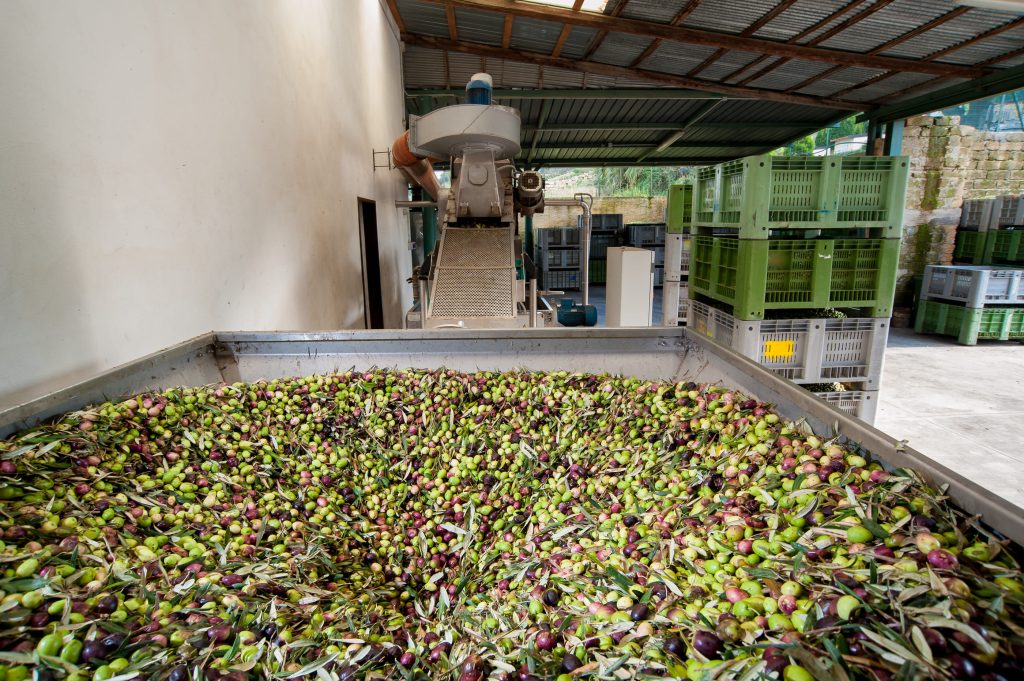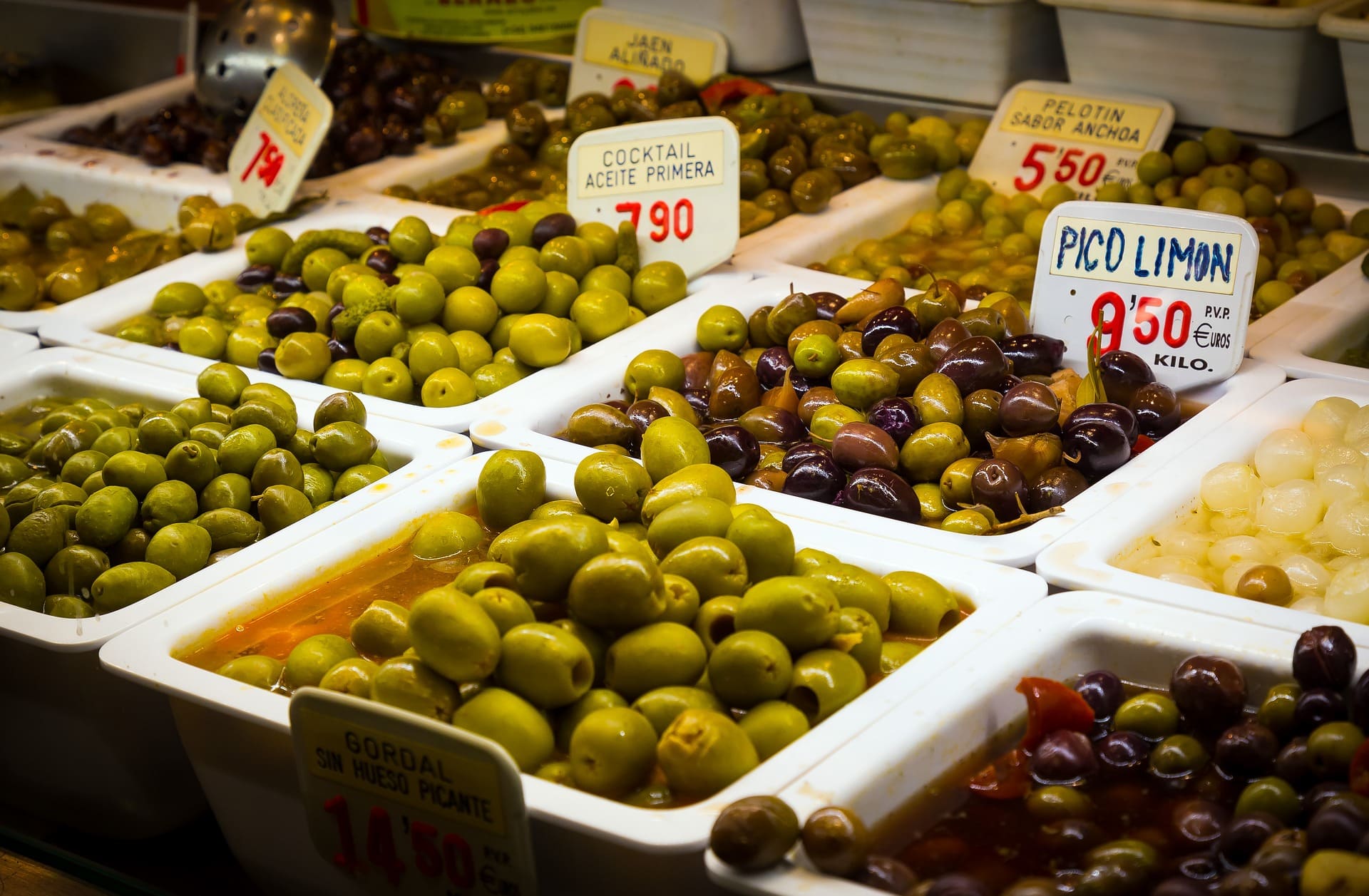October marks the start of the olive harvesting season. Spain is known to produce some of the highest quality olive oil in the world. In fact, it is the world’s leading producer and exporter of this liquid gold. Olive production extends throughout most of the Iberian Peninsula, although it’s mainly concentrated in the southern region of Andalucia. More than 200 varieties of olives are grown in Spain, but the most common are arbequina, picual, hojiblanca, and manzanilla.
Portugal is the 3rd largest producer of olive oil in Europe. Although it’s a common product in Portuguese cooking, it hasn’t gained worldwide attention until recently due to an increase in foreign tourists. Local varieties include Cobrançosa, Cordovil de Serpa, and Madural.
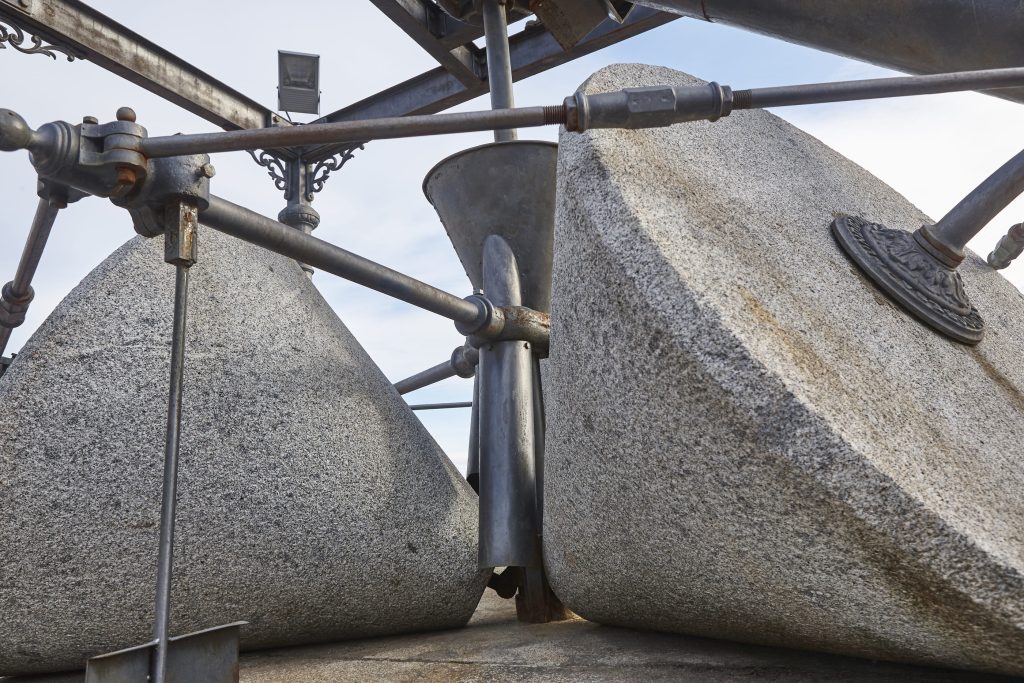
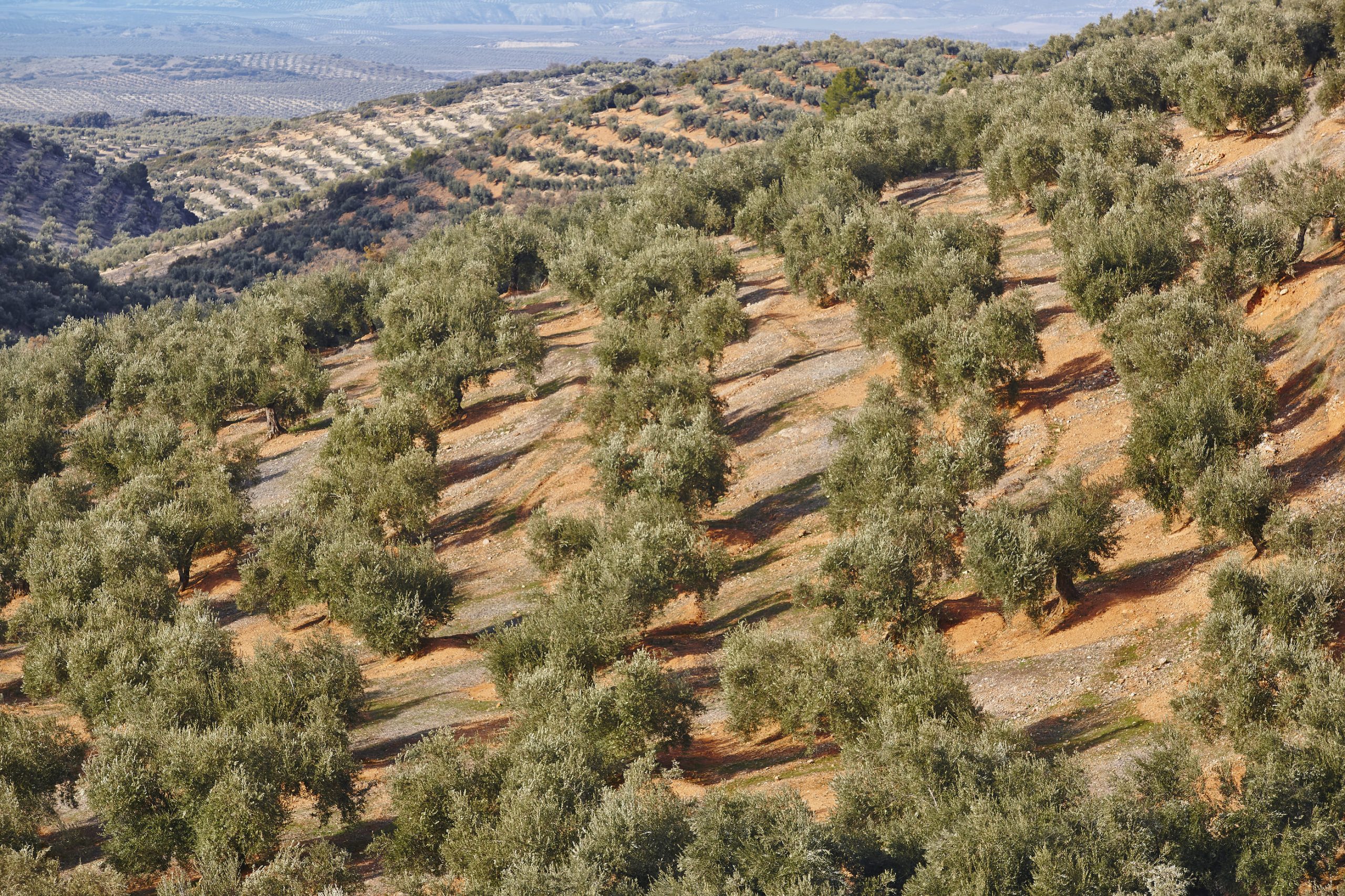
Some olives are better for eating, while others are perfectly suited for the production of olive oil. The best olives for snacking are:
Gordal – This variety grown in Sevilla is a favorite. This one is large, meaty and flavorful. It’s perfect for stuffing or snacking.
Manzanilla – It’s one of the main varieties eaten in Spain and abroad. It’s small, round and easy to eat. This is typical olive served at bars alongside a small beer or glass of wine.
Hojiblanca – Mainly grown in provinces like Málaga and Córdoba, this olive is actually used for snacking as well as to make olive oil. It has a green, herby flavor and is both sweet and slightly spicy.
When it comes to extra virgin olive oils, some are monovarietal, however today the majority of those on the market are blends. The common varieties used in olive oil are:
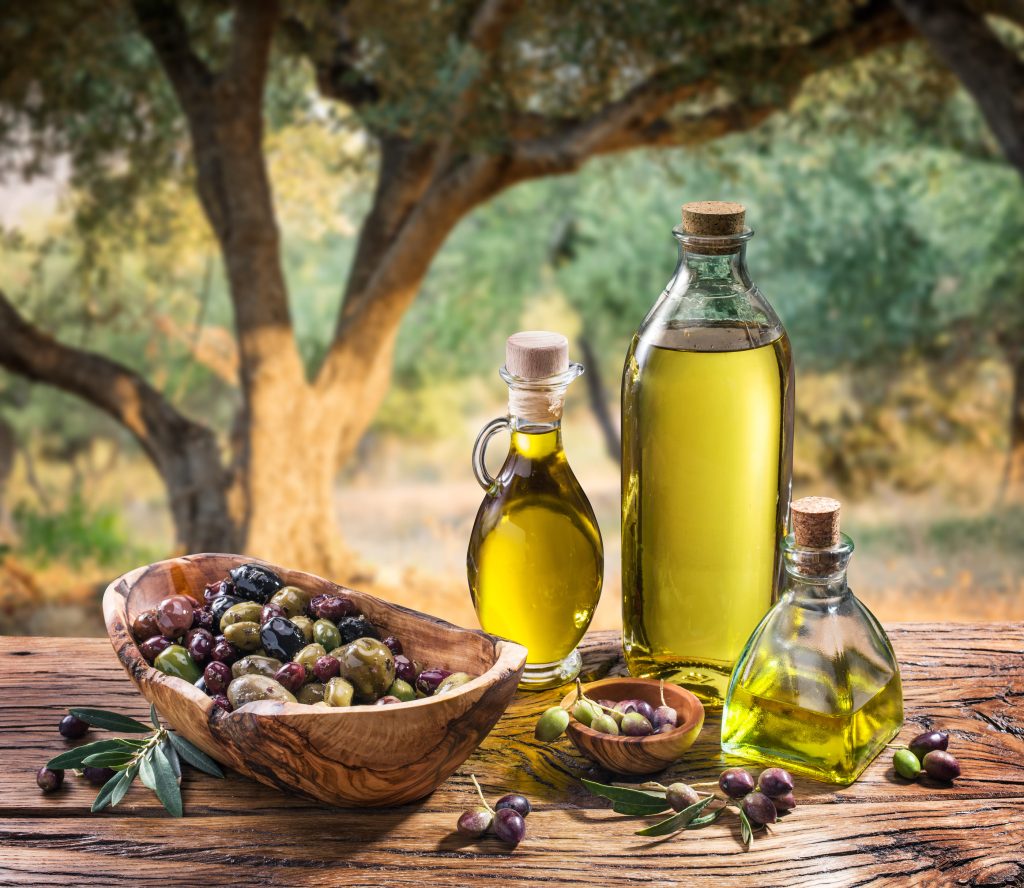
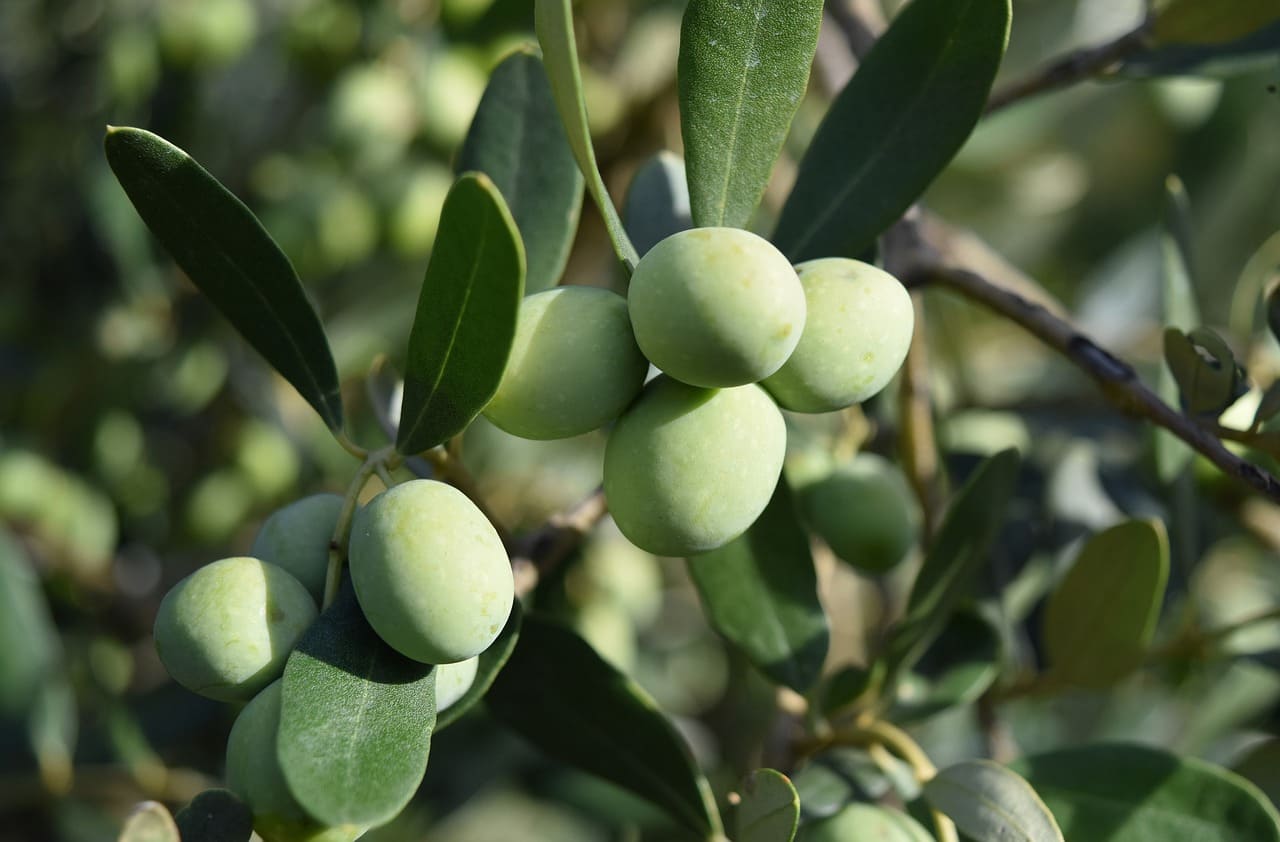
Arbequina – This type was originally grown further north in Cataluña and is now grown countrywide. It produces a sweet and smooth olive oil with a fruity aroma.
Picual – It is the most abundant type grown in Spain with around 900,000 hectares. The picual oil is full of flavor and personality, full-bodied and fruity.
Cornicabra – Extra virgin olive oil made with this variety is very aromatic, with other fruity notes such as apple. The flavor is herby with a touch of bitterness.
If you’d like to learn more about Spanish olives, many local producers of olive oil offer incredible, immersive experiences on-site for our clients. From guided visits of the farm and mill, to guided tastings and workshops, there are plenty of ways to enjoy the best olives all over the Iberian Peninsula. Reach out to Valesa for your tailored tour, tasting or Fun Olive Education on your next trip.
